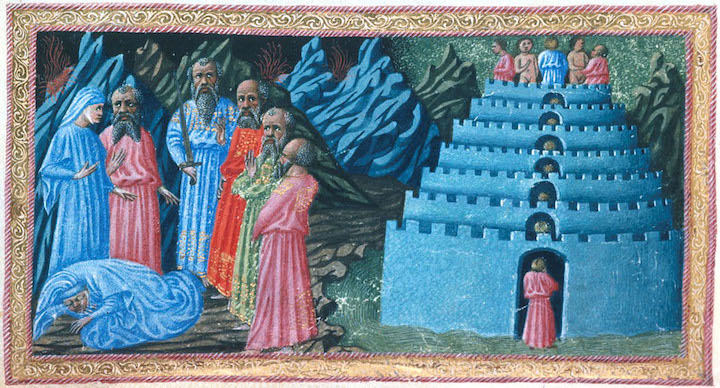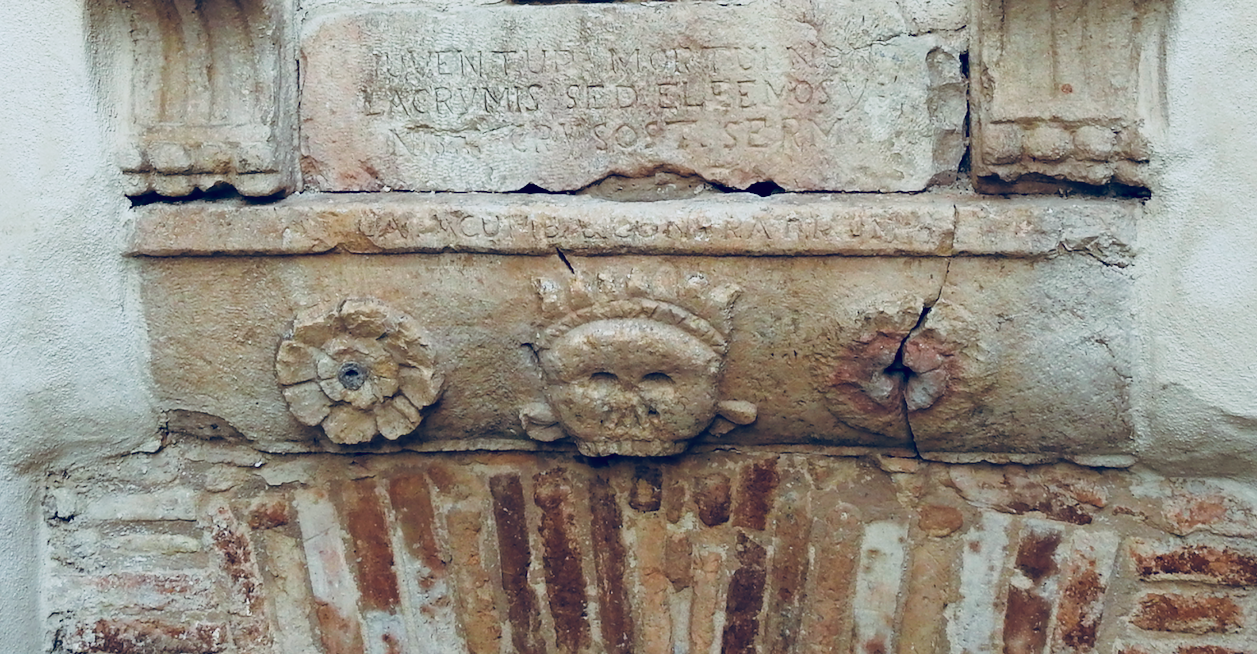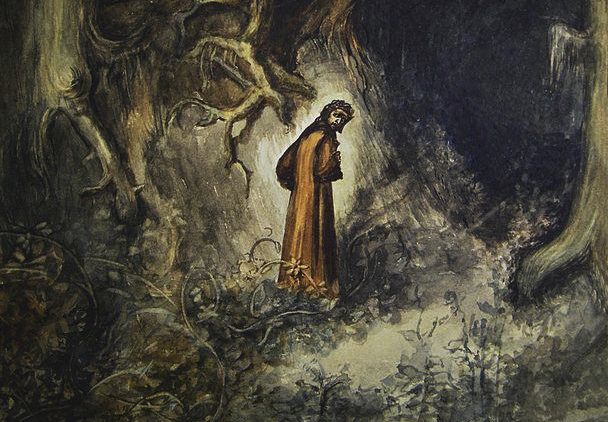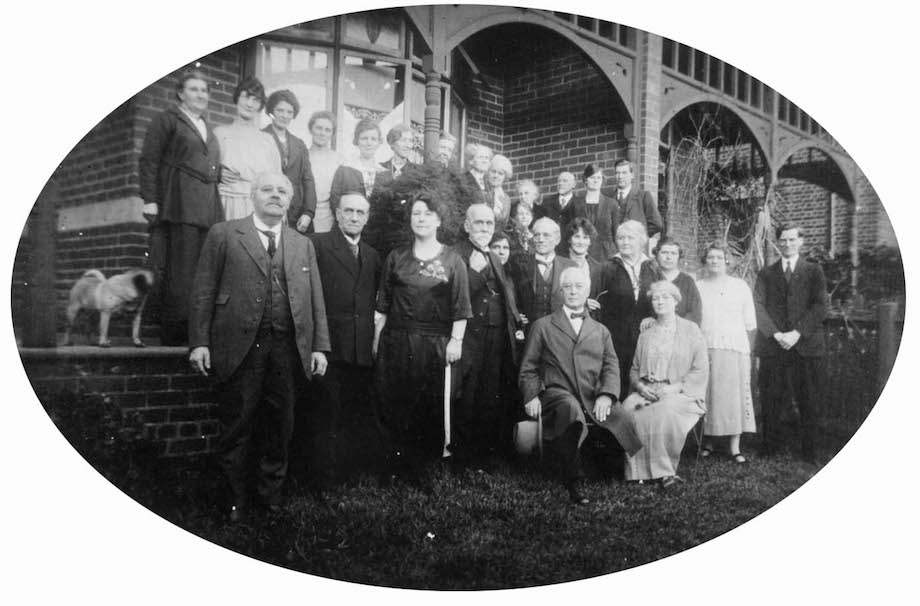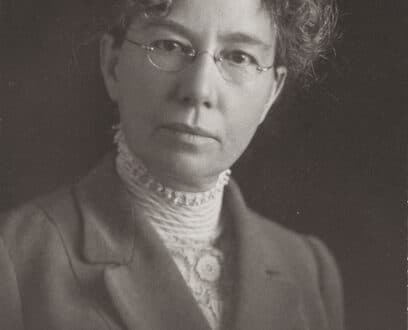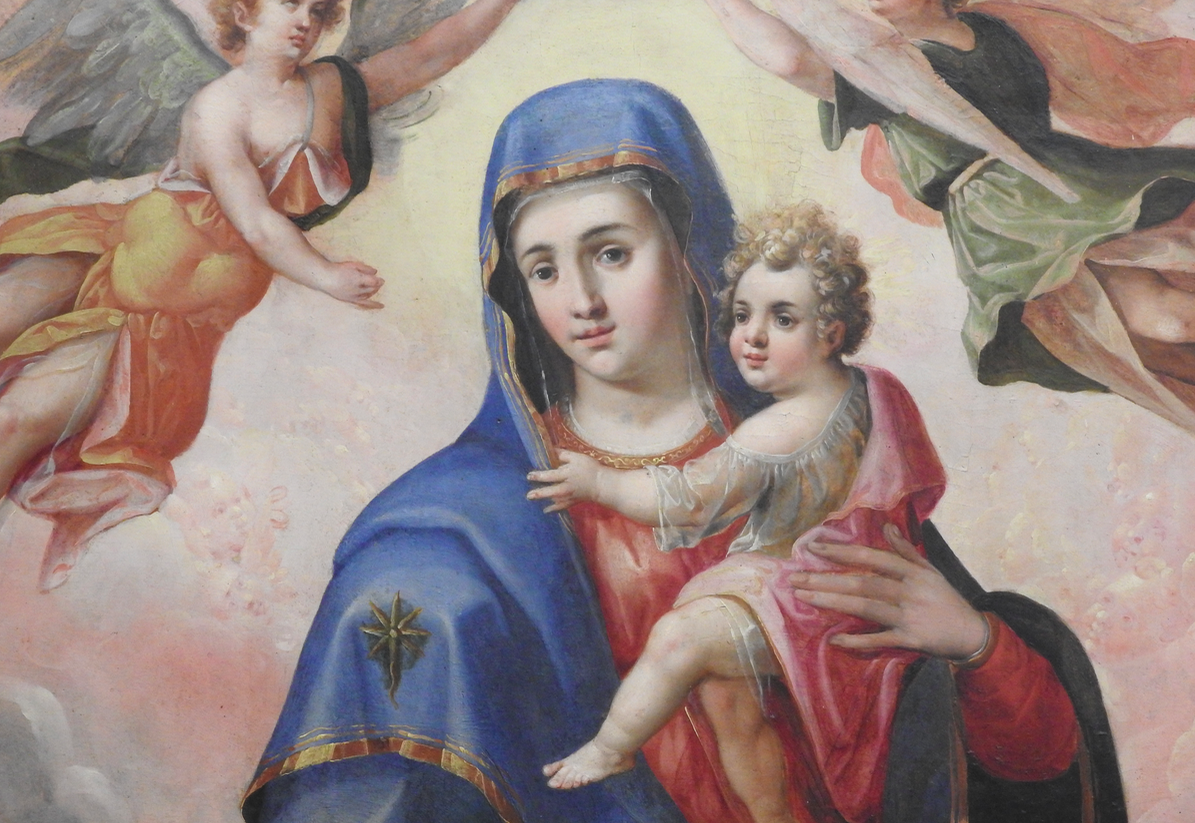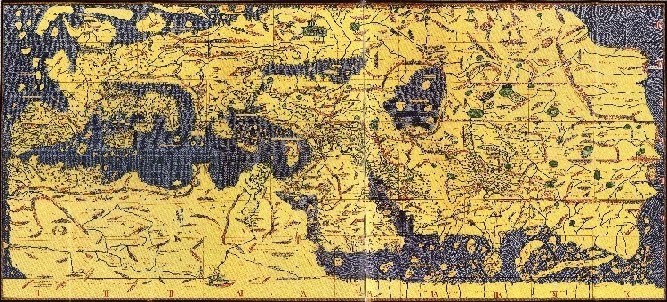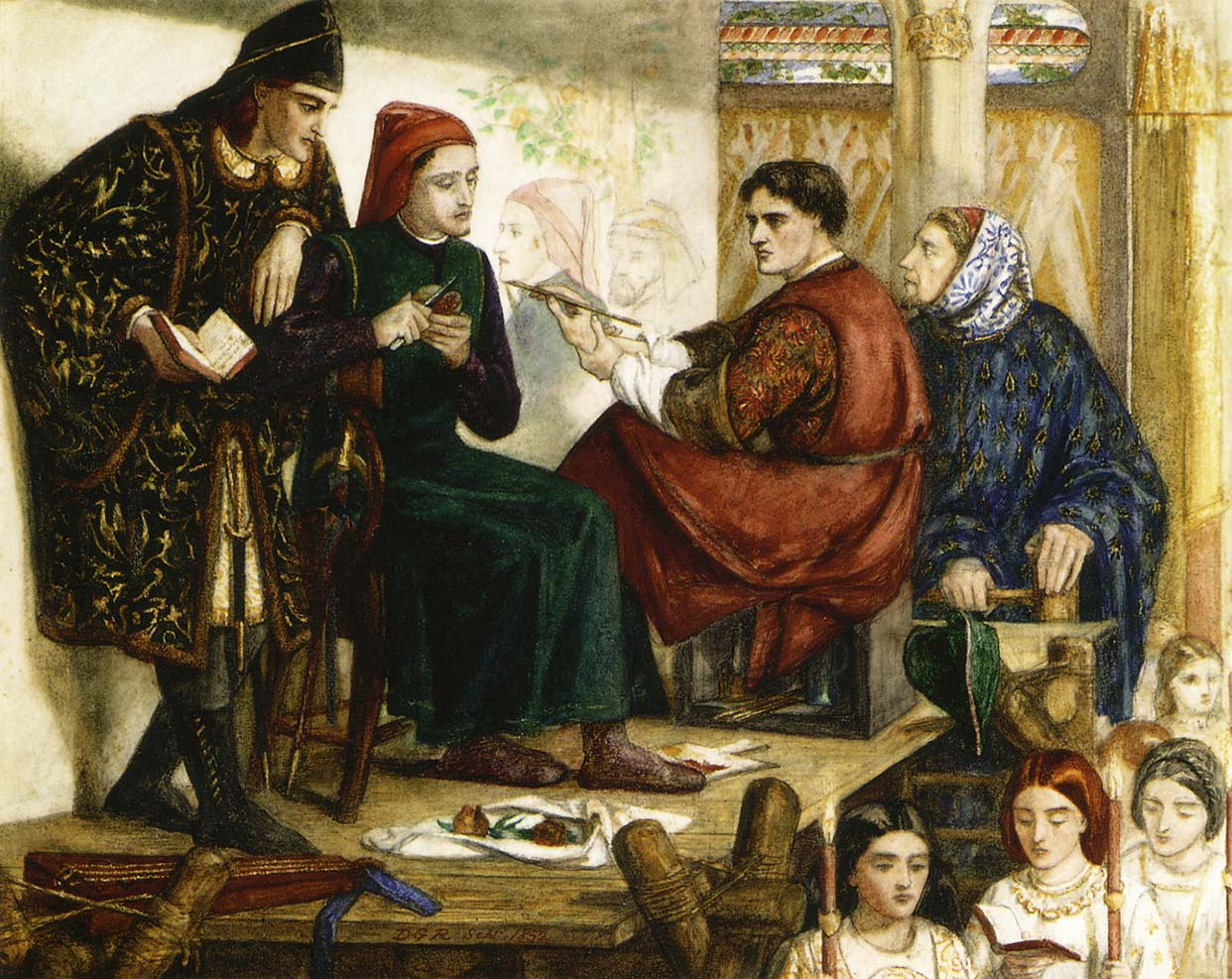Florence
-
Luke Whitington: un poeta australiano con un cuore italiano
Luke Whitington abita a Sydney, ma ha trascorso vent’anni della sua vita in Italia. Quegli anni hanno lasciato un senso di mancanza incancellabile nella sua vita che trova espressione nella sua poesia straordinaria: in questa ritorna più volte alla sua esperienza italiana. Da giovane ha scelto, come dicono gli anglofoni “la via meno seguita” o “battuta” in italiano: Luke abbandonò una carriera al Ministero degli Affari Esteri australiano per intraprendere gli studi della lingua italiana all’Università di Perugia in Umbria. Le sue avventure continuarono a svolgersi, diventando un imprenditore di successo. Lavorò con soci italiani al restauro di edifici del patrimonio paesaggistico dell’Umbria. Il suo percorso lo ha portato in’Irlanda…
-
Luke Whitington: an Australian poet with an Italian heart
Luke Whitington lives in Sydney, but twenty years of his life were spent in Italy. Those years have left an indelible longing in his life which has been expressed in his extraordinary poetry which returns again and again to his experience of Italy. As a young man he chose a path less travelled: leaving a career in the Department of Foreign Affairs and Trade to undertake language studies at the University of Perugia in Umbria. His adventure continued to unfold as he became a successful entrepreneur. Working with Italian partners he restored heritage buildings in the countryside of Umbria. His journey was to take him to Ireland (where he began…
-
Lingering in Limbo: Dante’s Inferno
Limbo, it turns out, isn’t so bad, even if is found in the first level of Dante Alighieri’s hell. As Dante’s allegory of the journey of the soul continues, it will take him to a beautiful castle inhabited by the good and the great. Far from suffering the tortures of hell, although they can never leave, they are surrounded by meadows and hang out in erudite splendour. But before Dante gets there he has more adventures. Beatrice sends Virgil to the Rescue The ghost of Virgil, a long dead Roman poet, has shown up just in time to take on the job as Dante’s guide. But what’s in it for…
-
The Divine Comedy begins: Lost and on the Road to Hell
The Dante Alighieri of the Divine Comedy is lost. He needs help and is afraid. He doubts himself and often weeps at the human suffering or folly he will see on his journey. Will he be able to reach the end? He doesn’t know. It’s this kind of frail humanity of Dante’s poetry that still speaks to us across hundreds of years. Dante writes in the first person, and that’s part of his magic. We see the world through his eyes, as if we ourselves were sharing the journey. Indeed Dante says we are. Nel mezzo del cammin di nostra vita, the poem begins: In the middle of the journey…
-
Italy’s Day of the Dead
Signora Maria of Castellaneta observes: “… the dead are our brothers, our children, our husbands, our parents… they cannot be monsters”. Her comment captures the essential spirit of Italy’s Day of the Dead in comparison with Halloween. The festival involves children, food, and visiting (and visits from) departed loved ones. Although beyond the scope of this article such “days of the dead” are found around the world, and many involve remembering family members no longer with us. In Australia, the North American tradition of trick or treating children dressed up as ghosts, ghouls and witches is being taken up with enthusiasm. Although Italy has its own “Day of the Dead”, the…
-
Dante and the Invention of the Italian Language
“Italians speak Italian”. It seems obvious. Yet not too long ago neither were there any “Italians” in the way we understand it today; and nor was there a single “Italian” language. It is indeed little known that when the country of Italy did finally come into being in 1861 about 2.5% of her people spoke what we today call Italian. Even up until 1951, less than 20% of Italians used Italian exclusively in their daily life. Indeed, until the most recent generations, Italian was, at best, a second language for most Italians. Their first language was their regional, and often local, language. The Italian National Institute of Statistics reported that…

